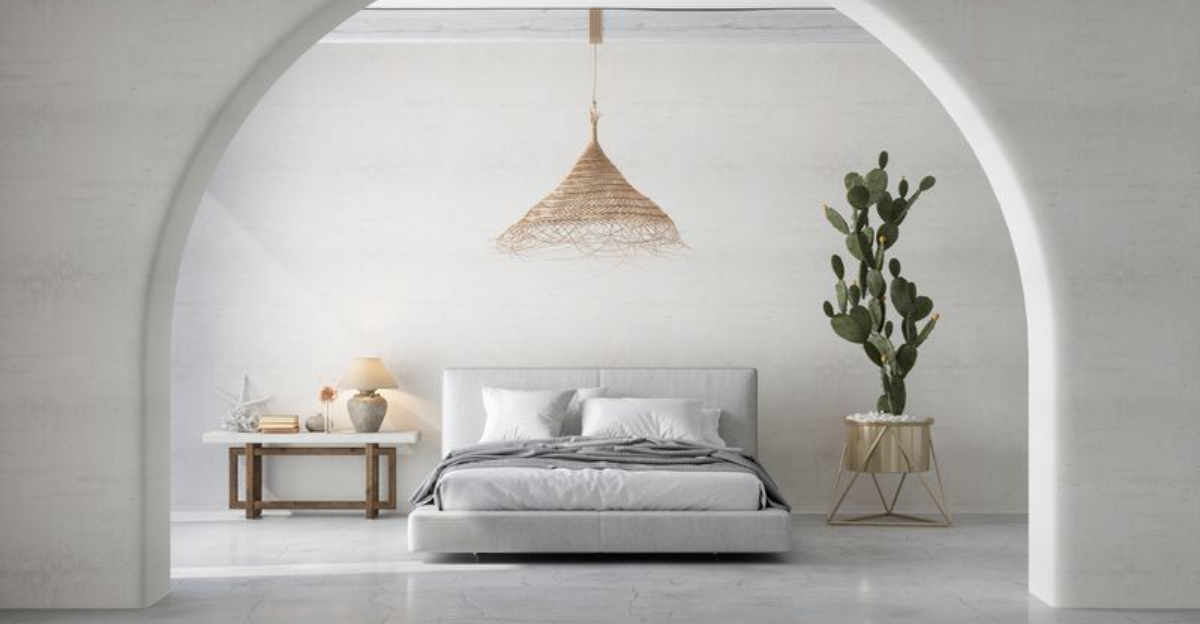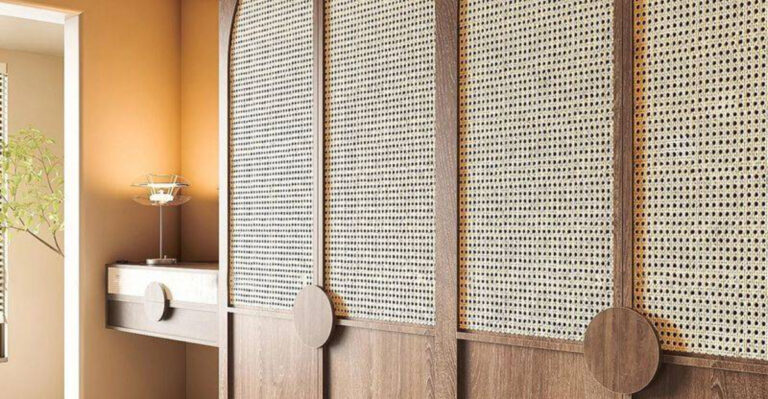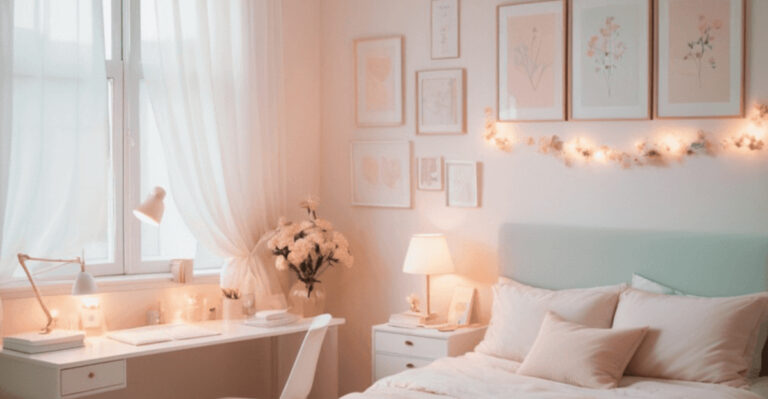15 Houseplants You Should Never Keep In Your Bedroom According To Feng Shui (Plus 5 Even Worse Picks)
Your bedroom should be a sanctuary for rest and rejuvenation, but certain plants might be sabotaging your sleep without you knowing it.
According to Feng Shui principles, the ancient Chinese practice of harmonizing people with their environment, some greenery can disrupt your bedroom’s energy flow.
Let’s explore which leafy companions should stay out of your sleep space and why they might be messing with your slumber.
1. Weeping Fig
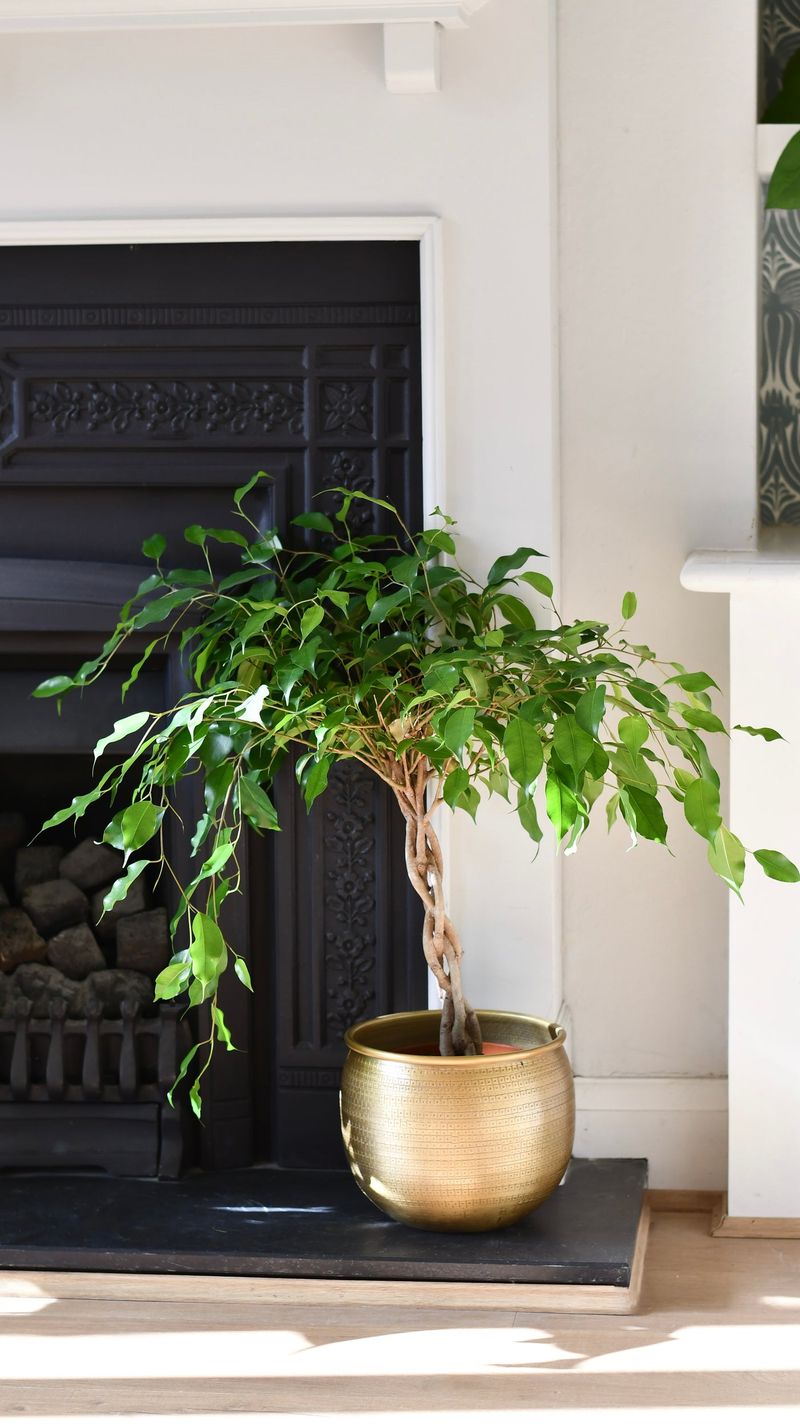
The Weeping Fig (Ficus benjamina) earned its gloomy name honestly. In Feng Shui, its downward-drooping branches create descending energy that might leave you feeling low or depressed.
Morning headaches? This plant could be the culprit! Weeping Figs release chemicals overnight that trigger allergic reactions in many people. Your body needs clean air while sleeping, not a face full of fig allergens.
2. Rubber Plant
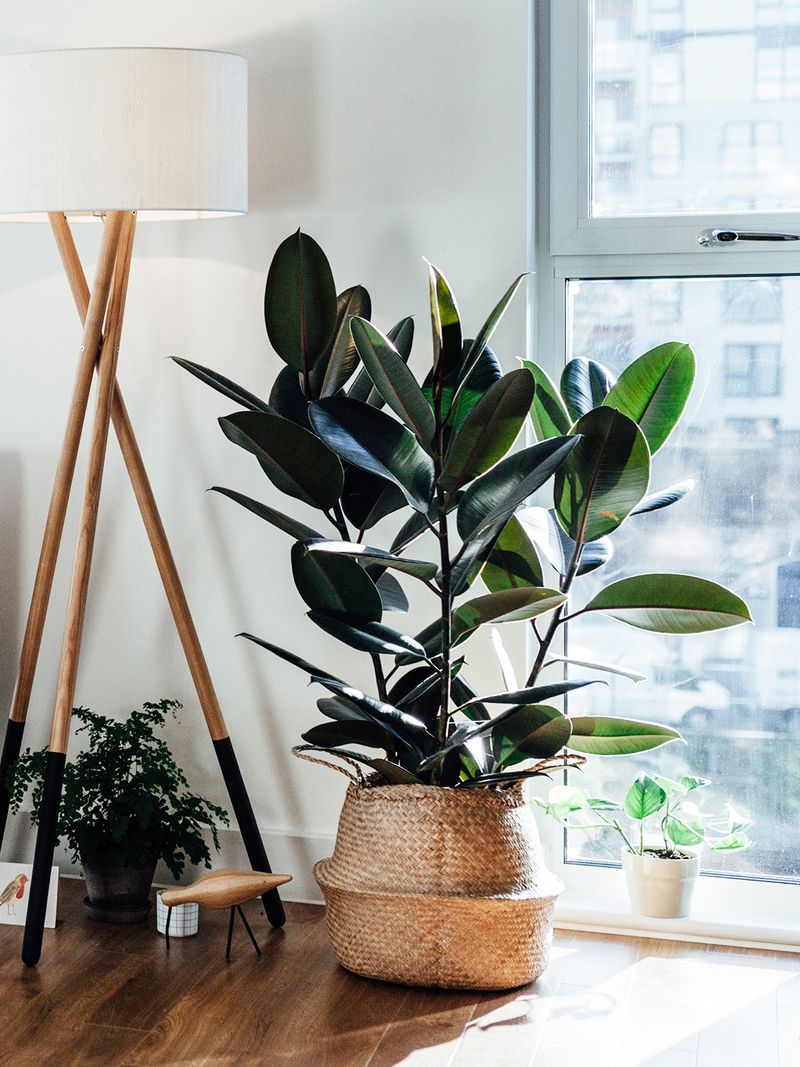
Rubber plants grow massive leaves that Feng Shui practitioners warn can block positive energy flow. Their thick, waxy surfaces actually repel good chi instead of welcoming it!
Sleep experts note that rubber plants release very little oxygen at night compared to other houseplants. Your bedroom already has limited air circulation while you sleep, so why add a plant that hoards oxygen when you need it most?
3. Bonsai Tree
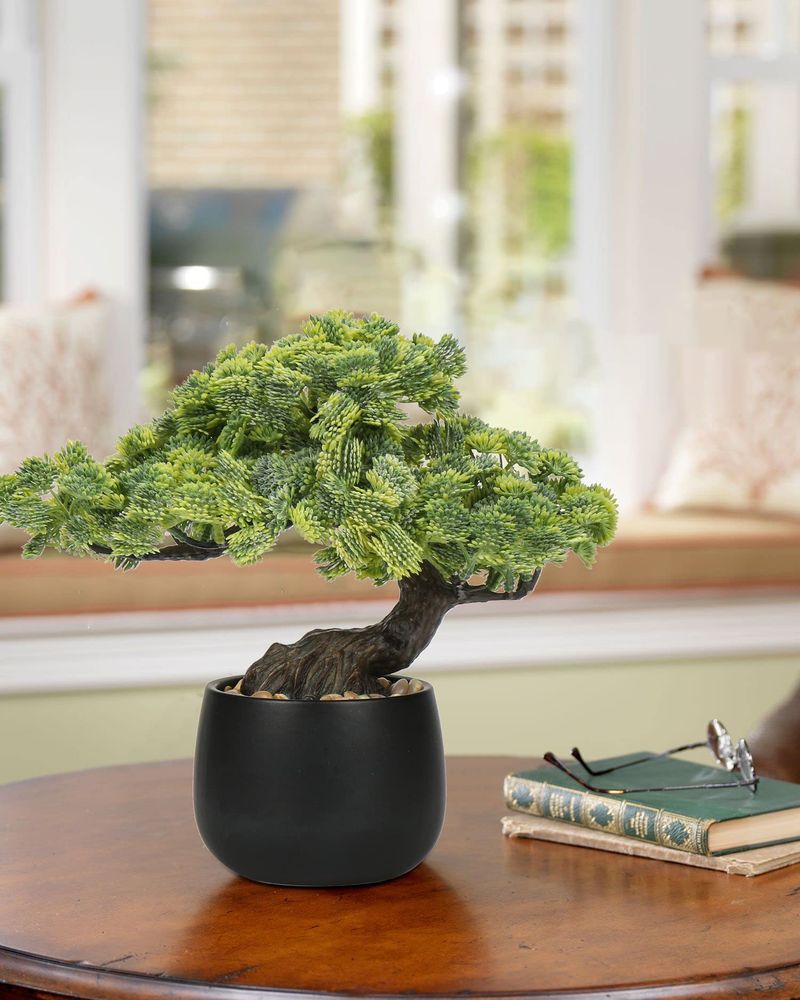
Bonsai trees require constant trimming and restriction – not exactly the vibe you want while trying to grow peaceful dreams! These miniature trees represent stunted growth in Feng Shui.
The intensive care these plants demand creates a subconscious burden. Your brain registers all those maintenance tasks even while you sleep. Why keep a plant that needs more attention than a newborn baby in your relaxation zone?
4. Climbing Ivy
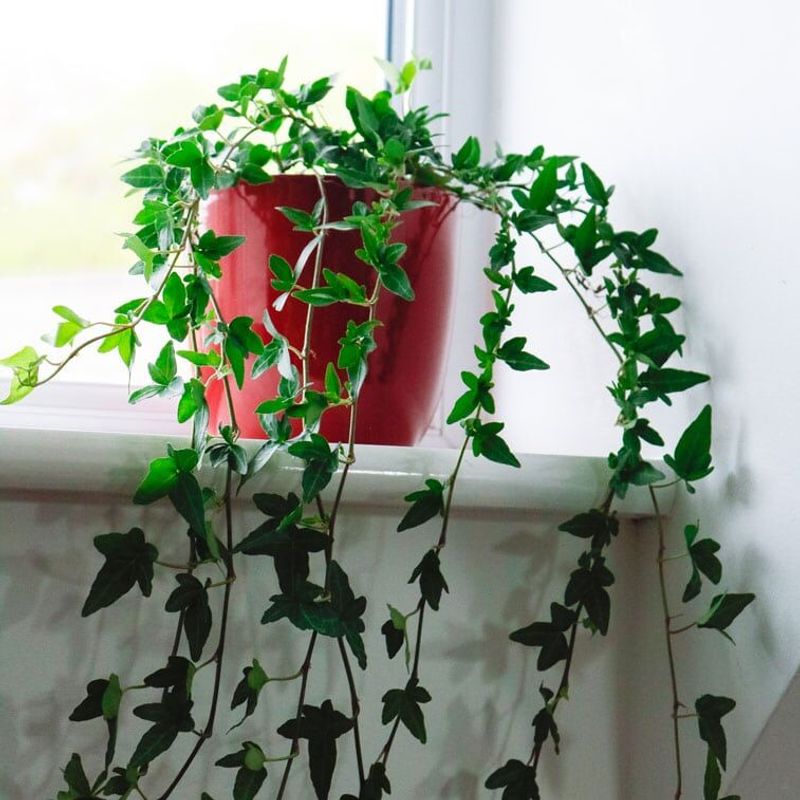
Ivy’s creeping, climbing nature symbolizes entanglement and clingy relationships in Feng Shui. Those cute tendrils represent problems that keep growing and wrapping around your life!
Many ivy varieties are actually classified as invasive species outdoors. Bringing that energy into your bedroom? Yikes! The plant’s aggressive growth pattern can mirror chaotic thoughts that prevent peaceful sleep.
5. Snake Plant
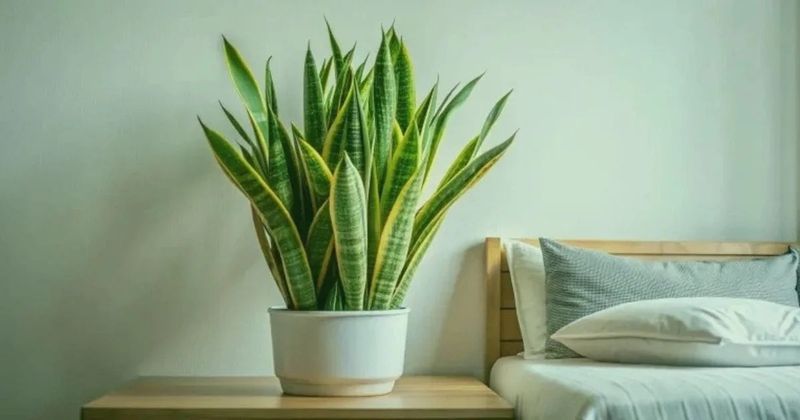
Despite its air-purifying reputation, the Snake Plant’s sharp, sword-like leaves send cutting energy throughout your bedroom. The name itself – snake plant – brings serpentine energy into your sleep space!
Some Feng Shui masters specifically warn against its upward-pointing leaves, which create arrows of disruptive energy. While great for offices where alertness matters, this plant’s stimulating energy works against the calming atmosphere your bedroom needs.
6. Pothos
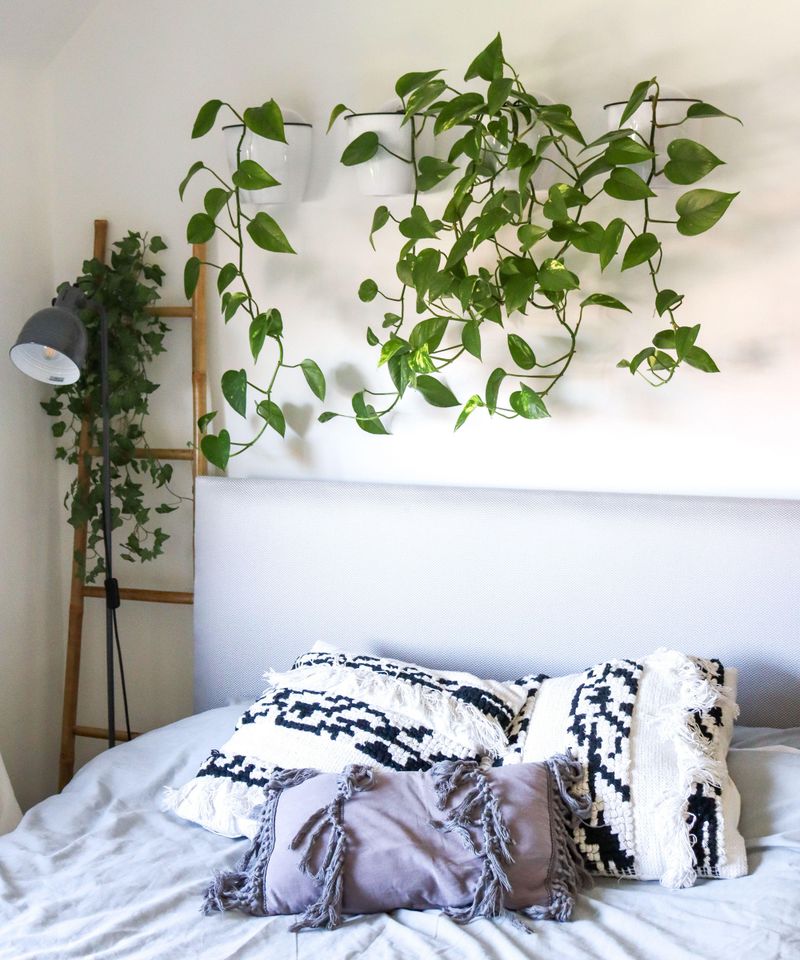
Pothos vines grow wildly and chaotically, representing uncontrolled thoughts that might keep you tossing and turning. Their trailing nature creates downward-moving energy that can trigger feelings of being overwhelmed.
These plants are survivors that thrive on neglect – sounds admirable until you realize they’re absorbing energy even in darkness. According to Feng Shui principles, this plant literally drains the room’s energy while you sleep!
7. Cactus
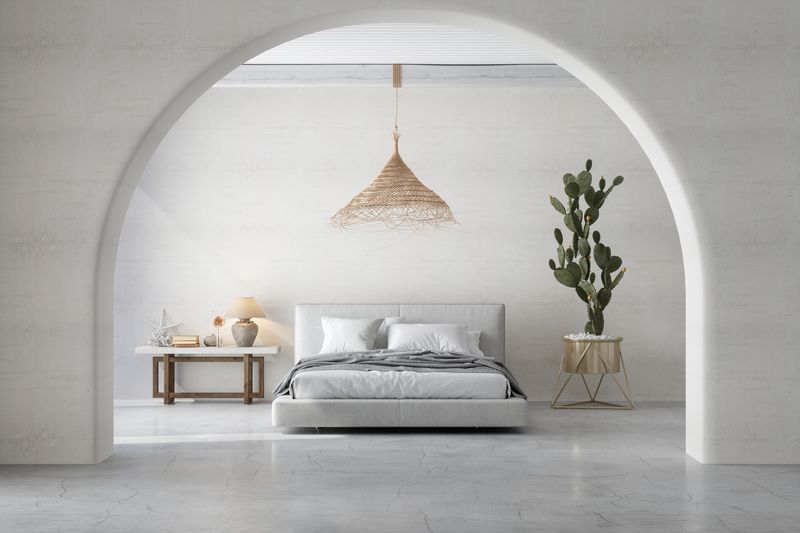
Sharp, pointy cacti create what Feng Shui experts call ‘sha chi’ or cutting energy in your bedroom. Think about it – would you want to sleep surrounded by spikes?
These prickly plants send out aggressive vibes that can make you feel on edge rather than relaxed. Plus, their defensive nature symbolically ‘guards’ against nurturing relationships, potentially causing arguments between couples or restless sleep for singles.
8. Fiddle Leaf
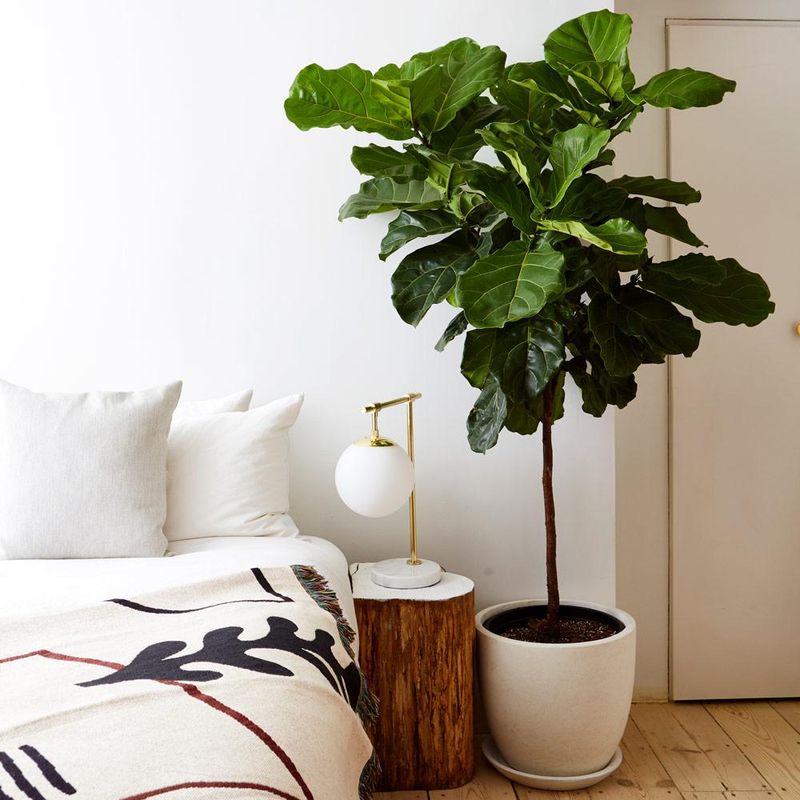
The Instagram-famous Fiddle Leaf Fig might look stylish, but its large, violin-shaped leaves create overwhelming energy in sleeping spaces. These plants are notoriously fussy, bringing stress-inducing vibes into your rest zone.
Their massive size dominates bedroom energy, making the space feel imbalanced. Plus, they’re toxic to pets! Nothing ruins sleep faster than worrying about your cat munching on poisonous leaves at 3 AM.
9. Citrus Tree
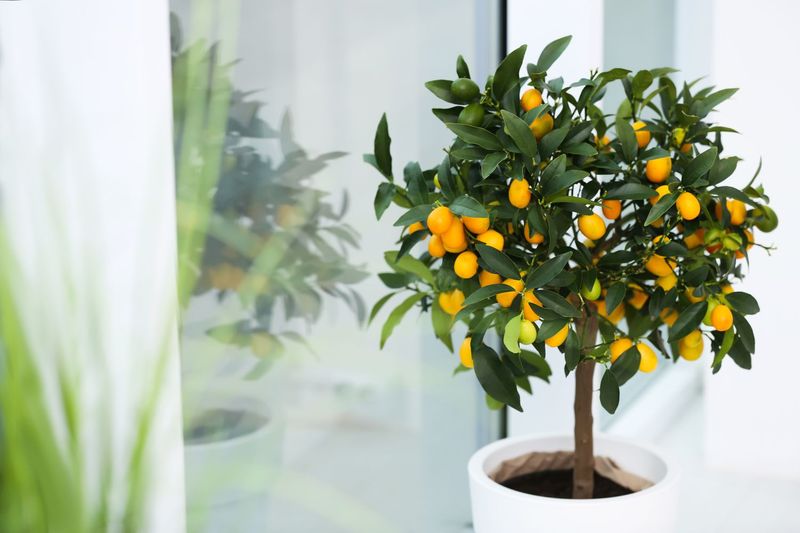
Citrus trees smell amazing but create excessive yang energy – the bright, active energy that keeps you alert. Your bedroom needs yin energy for restful sleep, not a zesty wake-up call!
These fruiting plants symbolically represent work and productivity. Would you bring your laptop to bed? Probably not! Similarly, citrus trees remind your subconscious of tasks and responsibilities when you should be winding down.
10. Bamboo
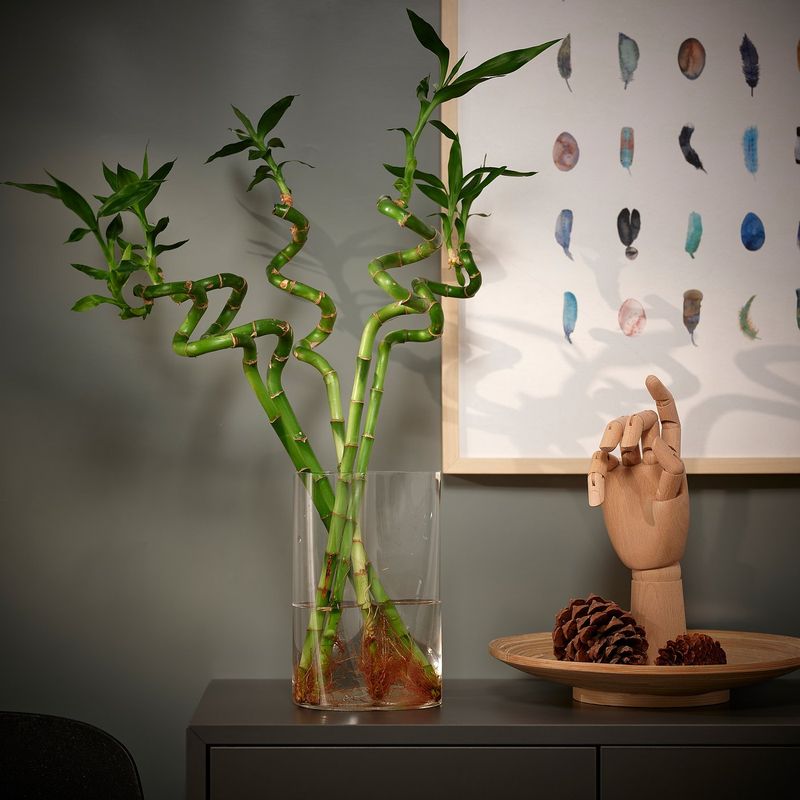
Lucky bamboo might bring fortune, but in your bedroom it creates too much active energy. Its rapid growth symbolizes constant change – not exactly conducive to restful sleep!
Water-grown bamboo arrangements can become breeding grounds for mosquitoes if not cleaned regularly. Nothing ruins romance faster than swatting bugs while trying to cuddle! Plus, stagnant water represents stuck emotions in Feng Shui.
11. Lily
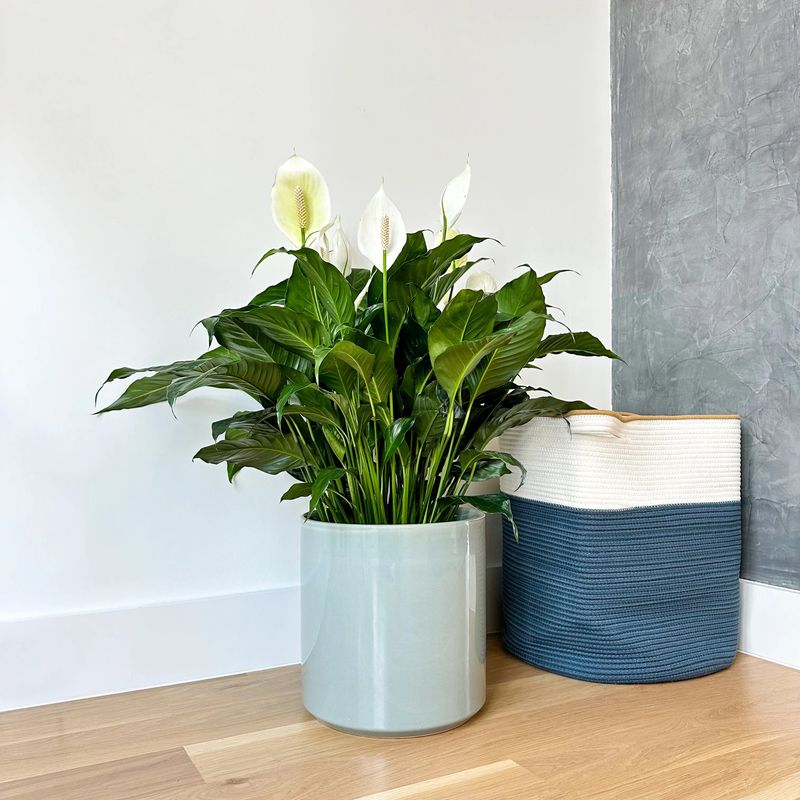
Peace lilies and other lily varieties release an intense fragrance that can trigger headaches and disrupt sleep. Their strong scent overwhelms the senses when you need sensory calm the most.
These flowers are traditionally associated with funerals in many cultures. Bringing death symbolism into your bedroom? Hard pass! Their pollen also causes allergic reactions that lead to midnight sneezing fits and watery eyes.
12. Aloe Vera
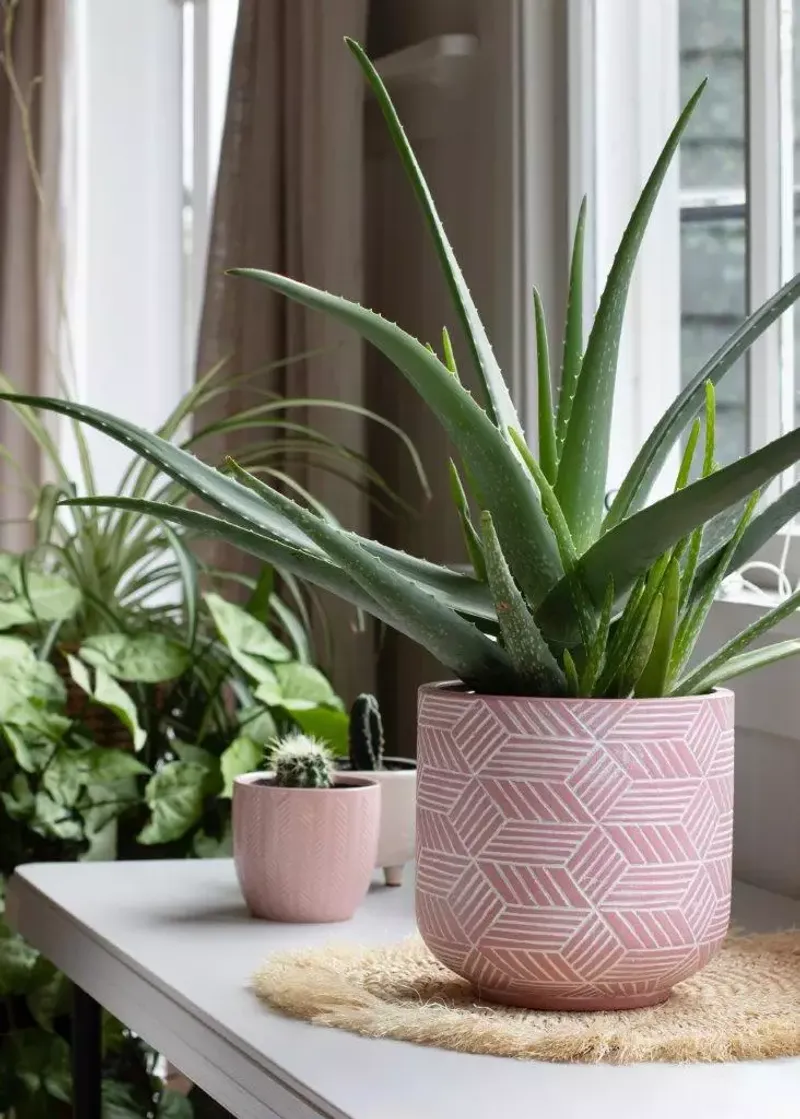
Aloe might heal your sunburn, but it creates sharp energy similar to cacti. Those pointy leaves radiate protective but aggressive energy that keeps your brain on high alert.
Feng Shui practitioners warn that aloe’s protective properties actually work too well in bedrooms. The plant absorbs negative energy but then holds onto it, creating a reservoir of bad vibes right next to where you sleep!
13. Orchid
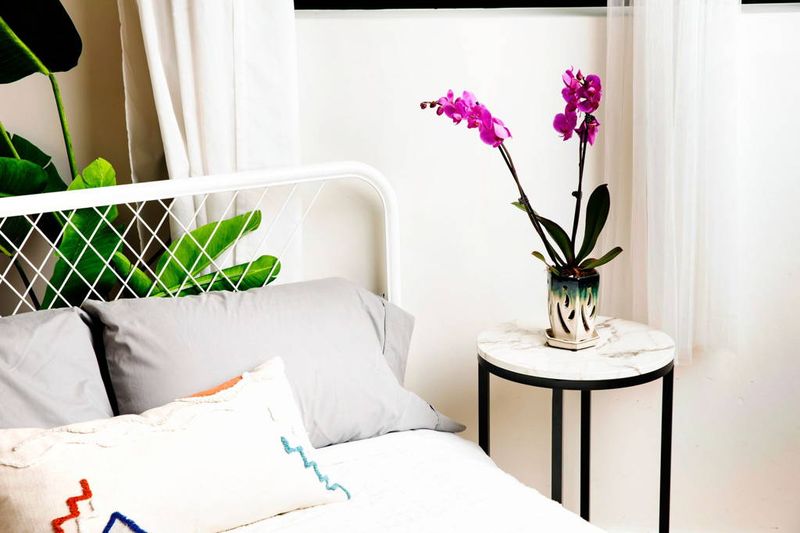
Orchids represent fertility and sexuality in Feng Shui – potentially creating too much romantic energy that disrupts sleep. Single folks might find these blooms particularly problematic, stirring up yearning when they should be resting.
These high-maintenance flowers demand specific humidity levels that aren’t ideal for bedrooms. The constant attention they require creates an energy drain in your sleep sanctuary, making you subconsciously worried about their care.
14. Money Plant
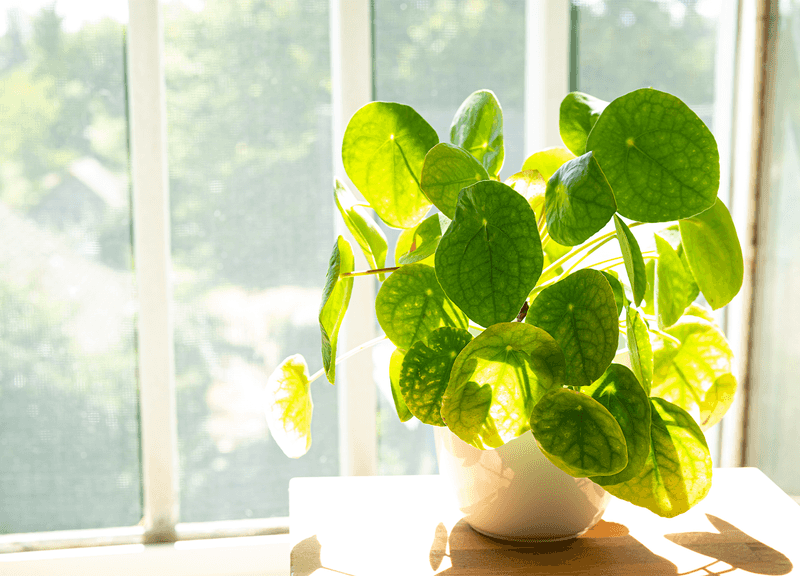
Money plants (Pilea) might attract wealth, but their round leaves create mirrors that bounce energy around your bedroom. This constant energy reflection keeps your mind active when it should be settling down.
The wealth symbolism creates a subconscious focus on work and finances. Your bedroom should be for rest and romance, not reviewing your investment portfolio! Plus, these plants grow quickly, creating unstable, changing energy.
15. Rosemary
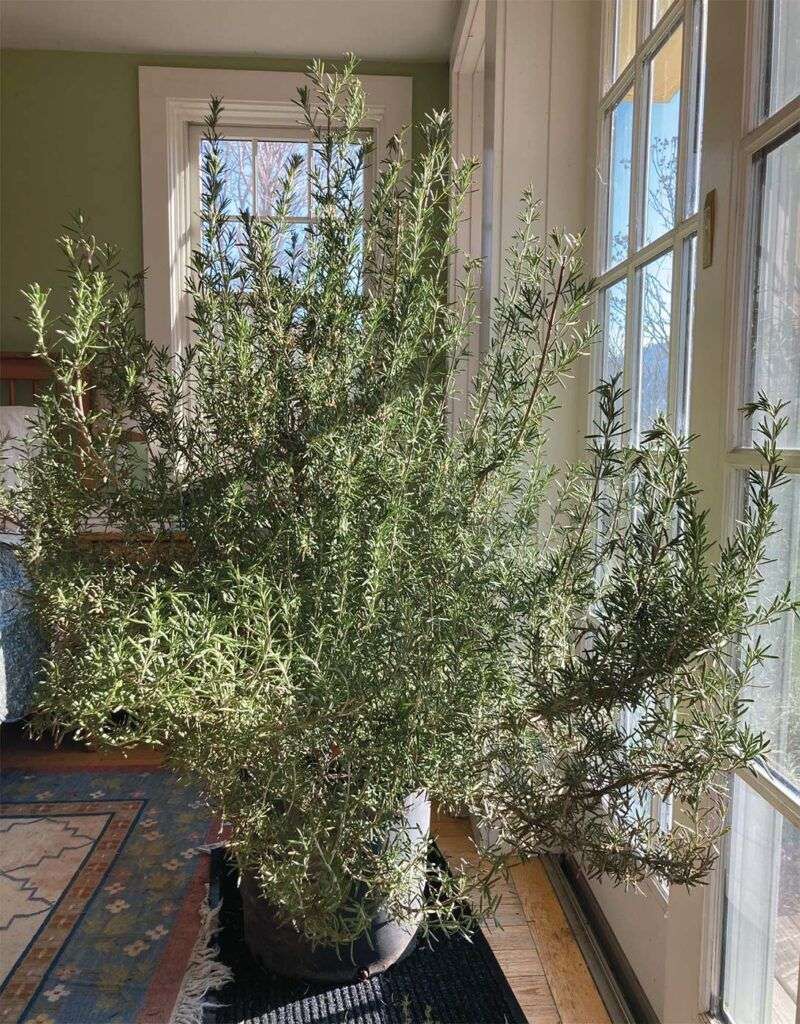
Rosemary’s stimulating aroma might perk up your pasta sauce, but it’s terrible for sleep quality. This herb is literally used as a mental stimulant in aromatherapy – the opposite of what you need at bedtime!
Herbalists have used rosemary for centuries to increase alertness and memory. Having it beside your bed is like drinking espresso before trying to fall asleep. Its woody stems also create spiky energy similar to cacti.
1. Venus Flytrap
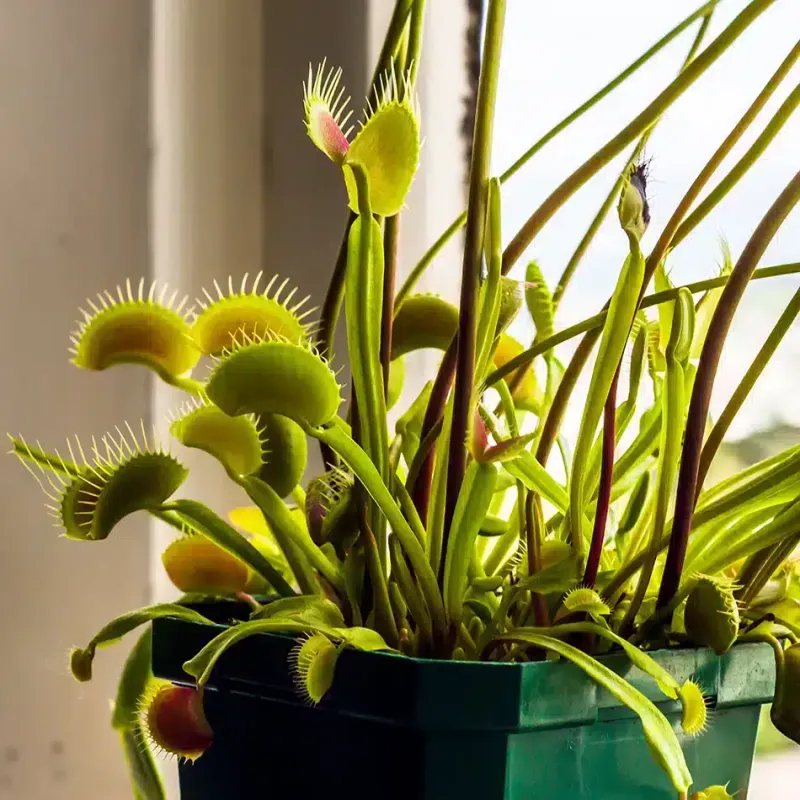
Venus flytraps bring predatory energy into your sleep sanctuary. Their carnivorous nature creates an aggressive atmosphere that contradicts the peaceful vibe your bedroom needs.
Watching these plants digest insects isn’t exactly conducive to sweet dreams! Their snap-trap mechanism symbolizes sudden changes and anxiety in Feng Shui. Plus, the humid conditions they require can promote mold growth in bedroom spaces.
2. Eucalyptus
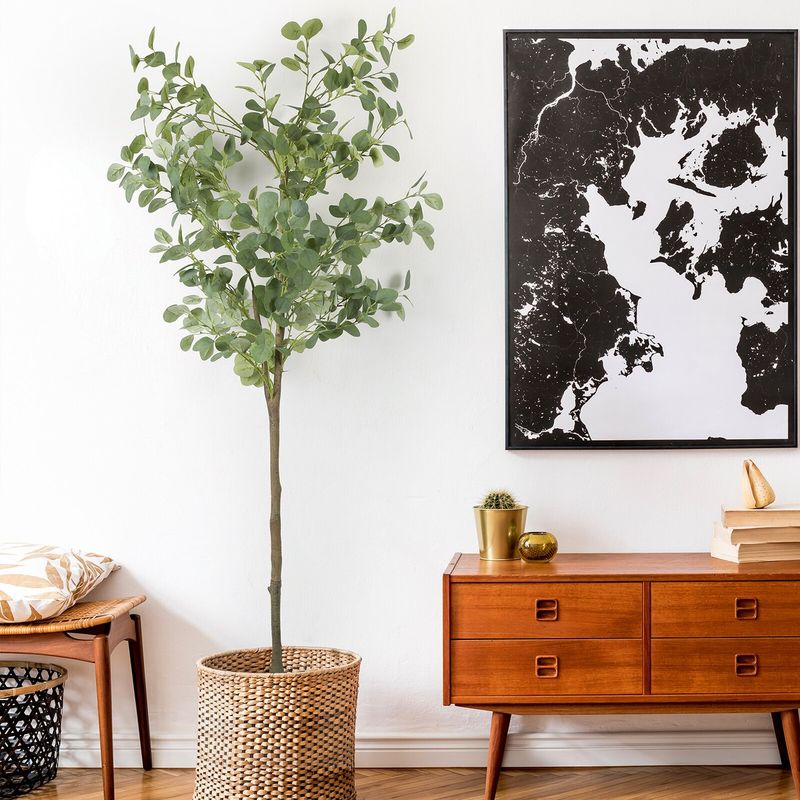
Eucalyptus releases powerful essential oils that open airways – great for a spa, terrible for sleep! Its stimulating scent keeps your brain in active mode when you should be winding down.
This plant’s medicinal properties create a clinical atmosphere rather than a relaxing one. Your bedroom should feel like a cozy retreat, not a doctor’s office! Its fast growth also symbolizes unstable, ever-changing energy.
3. Boston Fern
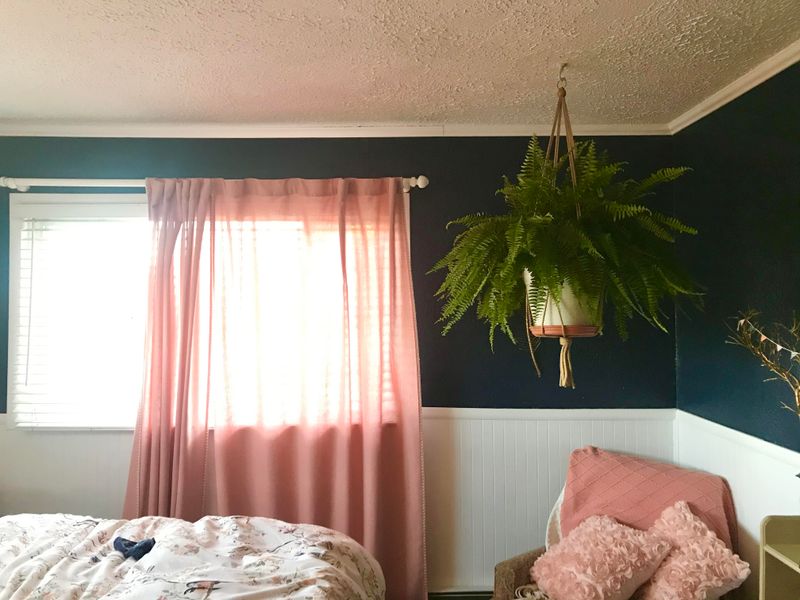
Boston ferns demand high humidity that creates moisture problems in bedrooms. While they purify air, they also create damp conditions that promote mold growth in your sleeping space.
Their dropping fronds represent declining energy in Feng Shui. Constantly cleaning up fallen leaves disrupts your bedroom’s peaceful atmosphere. Plus, their dense foliage traps dust, triggering nighttime allergies that leave you congested and cranky.
4. Mint
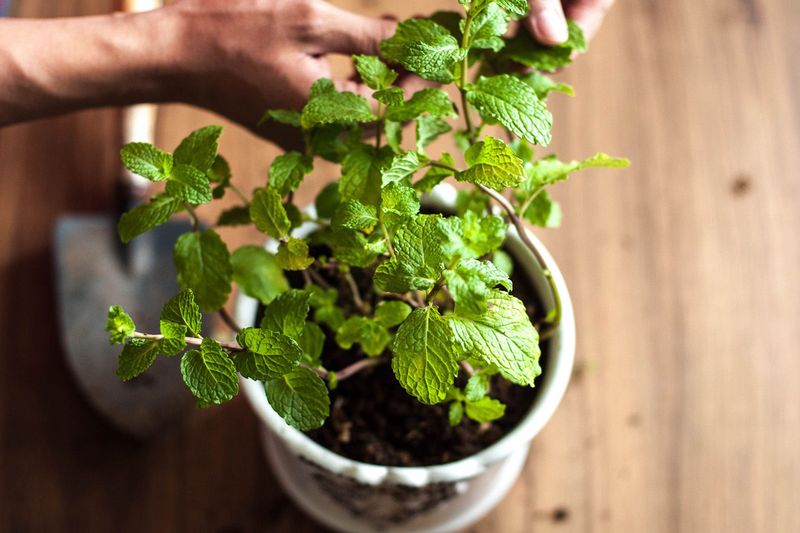
Mint’s invigorating scent stimulates your mind when you should be calming down. This herb literally wakes up your brain – great for morning showers, terrible for bedtime relaxation!
Gardeners know mint as an aggressive invader that takes over everything around it. This dominating energy creates an imbalance in your bedroom’s peaceful flow. Its rapid growth also symbolizes unstable, chaotic energy that disrupts sleep patterns.
5. Deadly Nightshade

Beyond bad Feng Shui, this toxic beauty belongs nowhere near sleeping spaces! Its purple-black berries contain compounds that cause hallucinations and even death if ingested.
Ancient folklore associates nightshade with witchcraft and dark magic. Talk about negative bedroom energy! Even as a decorative plant, its sinister reputation creates psychological discomfort that affects sleep quality.

